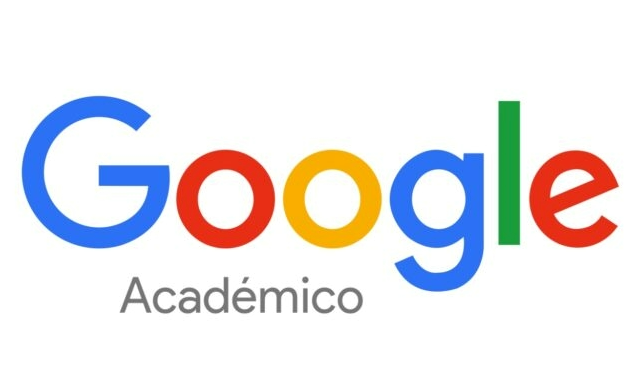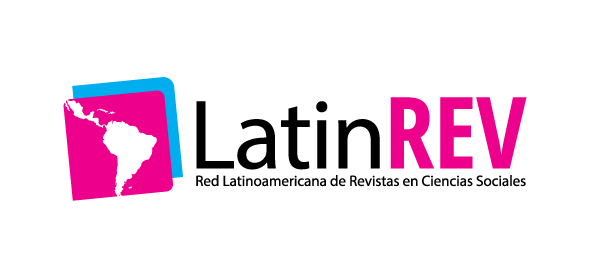Fuentes de acceso de información en Institutos de Formación Docente, Paraguay
DOI:
https://doi.org/10.70833/rseisa8item118Keywords:
Scientific culture, science, technology, education, informationAbstract
The scientific culture today is critical to the socio economic and educational development of the countries. In Paraguay it is gradually raising awareness of the scientific and technological culture as a primary tool for communication and practical action that requires citizens to make appropriate decisions in a timely manner. The aim of this paper is to analyze the type of sources of access to information that are viewed by teachers and students of the Teacher Training Institutes of Public Administration in Paraguay (IFDs) to determine the presence of scientific culture and technology in this educational community. This survey was conducted for students and teachers of high schools located in the Eastern and Western Region of the country. It revealed that the study population through television, newspapers and the internet. It is therefore important to strengthen the scientific culture in the IFDs and get teachers and students to incorporate science and related topics for making decisions that affect their daily lives.
Downloads
References
Arteta Bonivento, J. R. (2009). Cultura científica en el sistema educativo del Departamento de la Guajira, Colombia. Revista del Instituto de Estudios en Educación Universidad del Norte, (11),102-121. Recuperado de http://rcientificas.uninorte.edu.co/ind-ex.php/zona/article/view/1600/1047.
Comisión Nacional Constituyente. (1992). Constitución Nacional. Asunción: Congreso de la Nación Paraguaya
Diaz, I, y Garcia, M. (2011). Más allá del paradigma de la alfabetización. La adquisición de la cultura científica como reto educativo. Formación universitaria 4(2), 3-14. doi: 10.4067/S0718-50062011000200002
DGEEC. (2013) Principales resultados de la encuesta permanente de hogares 2013. Asunción: DGEEC Recuperado de http://www.dgeec.gov.py/Publicaciones/Biblioteca/EPH2012/principales_resultados_EPH201 2.pdf.
Dominguez Gutiérrez, S. (2014) Consumo mediático de información cientifica entre estudiantes de educación superior. Comunicación y sociedad. (21), 43-69. Recuperado de http:// www.scielo.org.mx/scielo-php?pid=50188-252X2014000100003&script=sci_arttext.
Ferrer, A., y León, G. (2008). Cultura científica y comunicación de la ciencia, Razón y Palabra 13(65). Recuperado de http:// www.razonypalabra.org.mx/N/n-65/actual/aferrer_gleon.html.
Jara Guerrero, S., y Torres Melgoza, J. (2011). Percepción social de la ciencia: utopia o distopia. Revista Iberoamericana de Ciencia, Tecnología y Sociedad, 6(17) 1-19. Recuperado de http:// www.scielo.org.ar/scielo.php?script=sci_arttext-&pid=$1850-00132011000200004.
Junta de Andalucia. (2006). Educación y cultura cientifica. Recuperado de http:// www.apice-dce.com/sites/default/files/EducCultCient-JA-0.pdf.
Macedo, B. (2009). Educación cientifica matematica en la formación ciudadana. Paris: UNESCO Recuperado de http://www.unesco.org.uy/ci/fileadmi n/educacion/SemED-CyT-Nov2009/Primer Bloque /presentacion BMacedo.pdf
Martinez, E. (1997). La pirámide de la popularización de la ciencia y la tecnologia. Boletín Proyecto principal de educación en América Latina y el Caribe (44),31-36: UNESCO. Recuperado de http://www.unesco.org/educ ation/pdf/11 173 s.pdf.
MEC. (2011). Plan Nacional de Educación 2024: hacia el centenario de la escuela nueva de Ramon Indalecio Cardozo. Recuperado de http:// www.mec.gov.py/cms/adjuntos/2344.
Peñaherrera León, M., Ortiz Colón, A., y Cobos Alvarado, F. (2013) ¿Cómo promover la educación cientifica en el alumnado de primaria?: una experiencia desde el contexto ecuatoriano. Revista Eureka, 10(2),222-232. Recuperado de http://www.redalyc.org/articulo.oa?id=92026042010.
Sebastián, J. (2006) La Cooperación Universitaria para el fomento de la cultura cientifica. Pensar Iberoamerica-Revista de Cultura (8). Recuperado de http://www.oei.es/pensariberoamerica/ric08a04.htm.
Downloads
Published
How to Cite
License

This work is licensed under a Creative Commons Attribution 4.0 International License.
Creative Commons Attribution License CC-BY
You are free to:
Share — copy and redistribute the material in any medium or format.
Adapt — remix, transform, and build upon the material for any purpose, including commercially.
Under the following terms:
Attribution — You must give appropriate credit, provide a link to the license, and indicate if any changes have been made. You may do so in any reasonable way, but not in any way that suggests that you or your use is endorsed by the Licensor.







